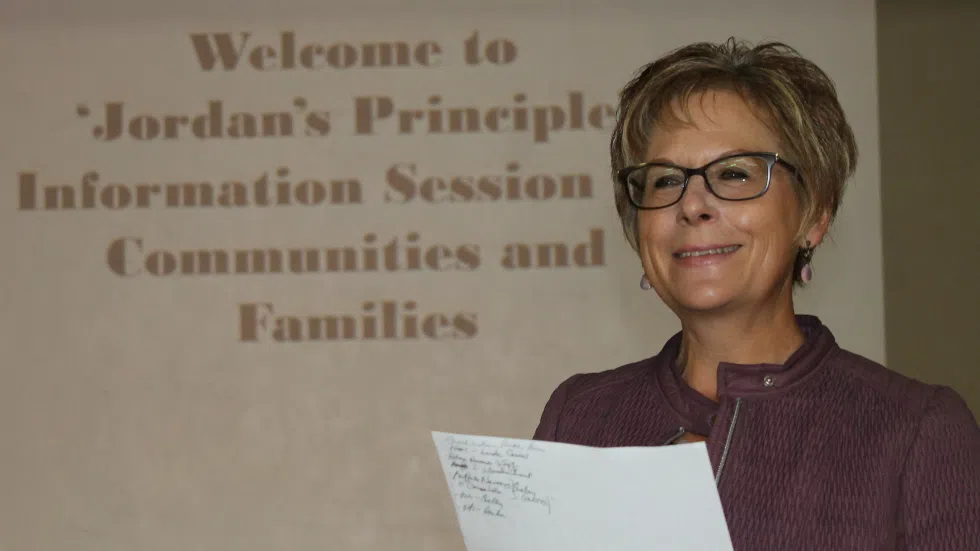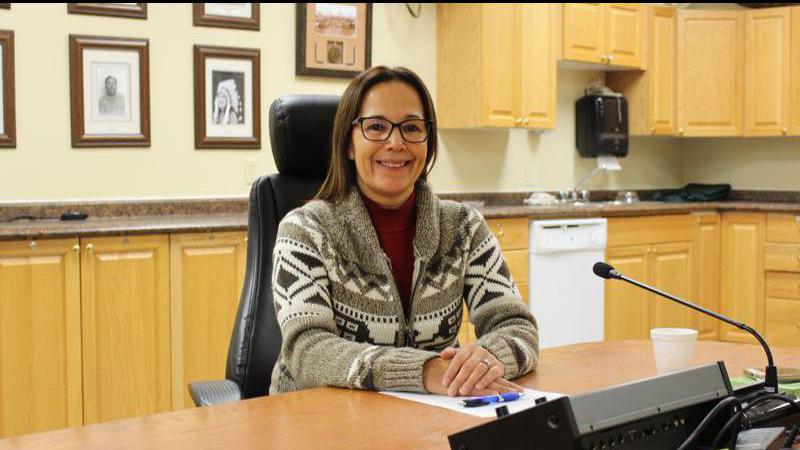
Organizers hope more people take advantage of funding program to help FN children
There was a full house for an information session in North Battleford about a federal funding program called Jordan’s Principle to benefit Indigenous children.
About 140 people attended the event at Third Avenue United Church hall in North Battleford, hosted by Battle River Treaty 6 Health Centre on Thursday.
The Jordan’s Principle initiative came out of challenges many Indigenous children face. First Nations children often must wait for service they urgently need, or are denied services available to other children – including mental health, speech therapy, health and education.
Jordan’s Principle is based on a tragic incident involving a Indigenous child named Jordan who couldn’t access the services he required. He ended up dying in hospital because of the long challenges in determining who would cover his needs. Jordan’s Principle aims to prevent that from happening again.


